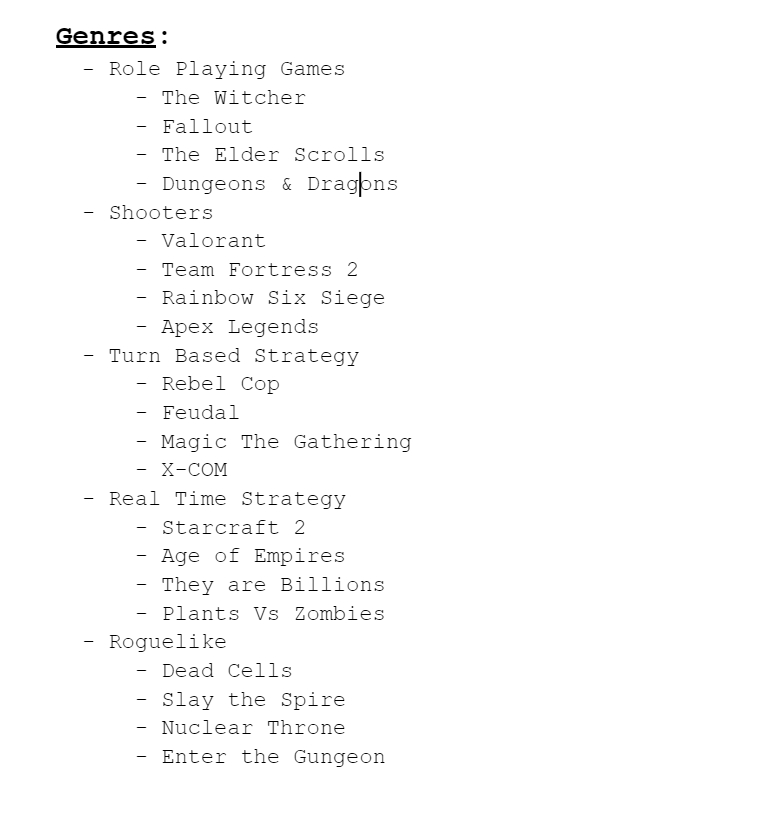Unlocking the Secrets of Game Mechanics Explained - A Deep Dive Into How Games Really Work
Understanding game mechanics explained is vital for both players aiming to master their favorite titles and developers seeking to design compelling experiences. This comprehensive guide will explore what game mechanics are, how they influence gameplay, and offer useful tips and tricks to improve your gaming strategies. Whether you're a casual gamer or a seasoned developer, learning the fundamentals of game mechanics will elevate your gaming experience and deepen your appreciation for game design.
What Are Game Mechanics and Why Are They Important?

Game mechanics are the rules and systems that govern how a game functions and how players interact within it. They form the backbone of game design, shaping the player's experience, influencing engagement, and determining the challenge level. These mechanics include everything from movement controls and scoring systems to combat dynamics and resource management. Understanding game mechanics explained helps players understand the underlying structure that makes a game enjoyable or frustrating.
How Game Mechanics Shape Player Experience
In any game, mechanics are the foundation that creates the core gameplay experience. They dictate what players can do, how they can do it, and what consequences their actions have. For example, a game's combat system might include mechanics like health points, attack types, and dodge functions, which combine to create a balanced challenge. Recognizing how these mechanics interact gives players insight into mastering the game and predicting future challenges.
How Developers Use Game Mechanics to Create Engagement
Developers carefully design game mechanics to keep players invested. This involves balancing difficulty with reward, encouraging exploration, and fostering a sense of achievement. Mechanics such as leveling systems, unlockables, or time-based challenges are strategically employed to motivate continued play. When game mechanics explained, developers understand how to craft experiences that are both fun and addictive, ensuring long-term player retention.
Impact of Mechanics on Game Balance and Fairness
Game mechanics play a crucial role in ensuring fairness and balance within a game. Well-designed mechanics prevent exploits, reduce frustration, and create an environment where skill and strategy determine success. For example, cooldown timers in online shooters prevent spamming powerful attacks, creating a more equitable playing field. When investigating game mechanics explained, it’s clear how essential mechanics are for maintaining a fair and competitive gaming environment.
How to Write 5 Paragraphs About Game Mechanics Explained

Writing effectively about game mechanics explained requires clear structure and detailed explanation. Here’s a step-by-step guide on how to organize your write-up in five paragraphs, including key points to include and formatting tips.
Paragraph 1: Introduction to Game Mechanics
Begin by defining game mechanics explained and emphasizing their significance in game design and gameplay. Mention how mechanics influence player engagement, challenge, and overall experience. Use this paragraph to set the context and prepare readers for the detailed discussion ahead.
Paragraph 2: Core Components of Game Mechanics
Elaborate on the main elements that constitute game mechanics. This can include movement systems, combat mechanics, resource management, scoring, and progression systems. Use a list to neatly present these components so the reader can easily grasp the different facets involved in game mechanics explained.
Paragraph 3: How Mechanics Affect Player Interaction
Discuss how mechanics influence player choices, strategies, and behavior. Explain that mechanics are designed to guide players toward specific actions, but also allow room for creativity. Highlight how understanding these mechanics can empower players to optimize their gameplay.
Paragraph 4: The Role of Mechanics in Game Balance
Explain how game mechanics are calibrated to ensure fairness and challenge. Illustrate how developers adjust mechanics to prevent exploitative tactics, foster competition, and maintain interest through gradual difficulty scaling. Include examples of mechanics that enhance or hinder fairness.
Paragraph 5: Practical Tips and Tricks for Mastering Game Mechanics
Conclude this section with actionable advice. Share tips on how players can learn and adapt to mechanics quickly, such as practicing specific skills, studying game tutorials, or observing experienced players. These insights help leverage game mechanics explained for a better gaming experience.
Special Tips and Tricks for Mastering Game Mechanics
- Practice Regularly: The more you play, the better you understand how game mechanics function. Spend time in training modes or single-player campaigns to familiarize yourself with core systems.
- Study Game Guides and Communities: Leverage online resources, forums, and tutorials to learn advanced mechanics and strategies. Engaging with the community provides insights you might not discover alone.
- Observe Expert Players: Watching streams or gameplay videos of skilled players can reveal sophisticated techniques based on mechanics, giving you new ideas to try.
- Experiment with Different Approaches: Don’t stick to one strategy. Experimenting helps you discover the mechanics’ full potential and adapt to diverse situations.
- Stay Updated on Game Patches: Developers frequently update mechanics for balance and new content. Keeping up with patches ensures your knowledge remains current.
Key Facts About Game Mechanics Explained
- Mechanics are designed to create unpredictability and challenge but within fair and balanced parameters.
- Successful games often feature mechanics that reward skill and strategic thinking over random chance.
- Mechanics can be layered; complex games usually combine multiple systems like physics, AI, and resource systems.
- Adjusting game mechanics can significantly impact the game’s difficulty and player satisfaction.
- Understanding mechanics is essential for game development, as it influences game flow, difficulty, and player retention.
FAQs
What are game mechanics explained in simple terms?
Game mechanics explained simply are the rules and systems that define how a game works and how players interact with it, such as movement, combat, and resource use.
Why are game mechanics important for players?
They help players understand how to succeed in the game, develop strategies, and improve their skills, making gameplay more engaging and rewarding.
How do game developers create balanced game mechanics?
Developers test and refine mechanics through playtesting, adjusting parameters based on player feedback, and analyzing game data to ensure fairness and challenge.
Can understanding game mechanics improve my gameplay?
Absolutely. Knowing mechanics allows players to make better decisions, anticipate enemy actions, and develop effective strategies.
Are all game mechanics visible or hidden?
Some mechanics are explicit, like controls and tutorials, while others, such as subtle timing windows or AI behaviors, remain hidden and are only discovered through experience.
Conclusion
Game mechanics explained forms the foundation of every engaging and well-designed game. They encompass the rules, systems, and interactions that shape player experience, influence challenge and reward, and determine the overall balance of the game. By understanding these mechanics, players can improve their skills, develop effective strategies, and enjoy deeper immersion. For developers, mastering the art of crafting and balancing game mechanics is essential for creating compelling, enjoyable games that attract and retain players. Whether you're a player seeking mastery or a developer aiming for excellence, a solid grasp of game mechanics will serve as a key to unlocking a game’s full potential.